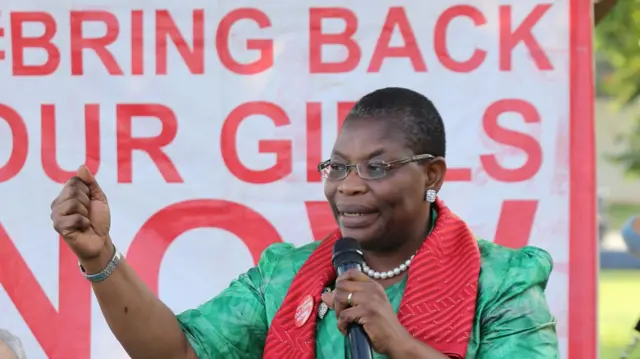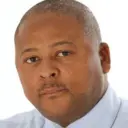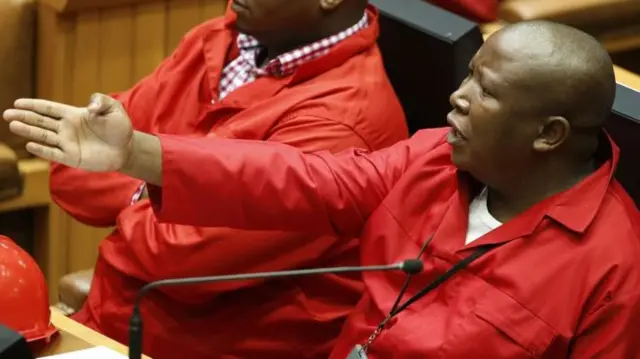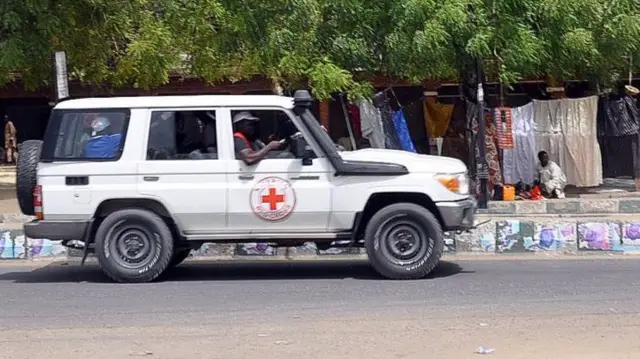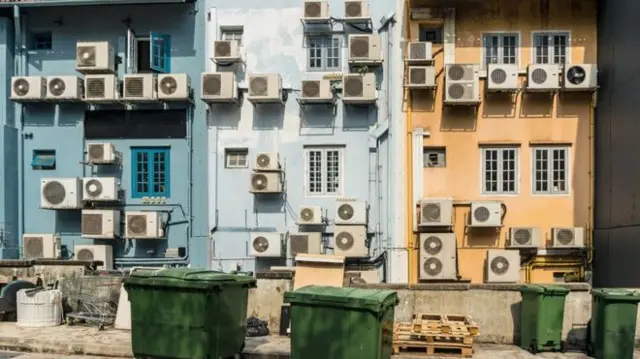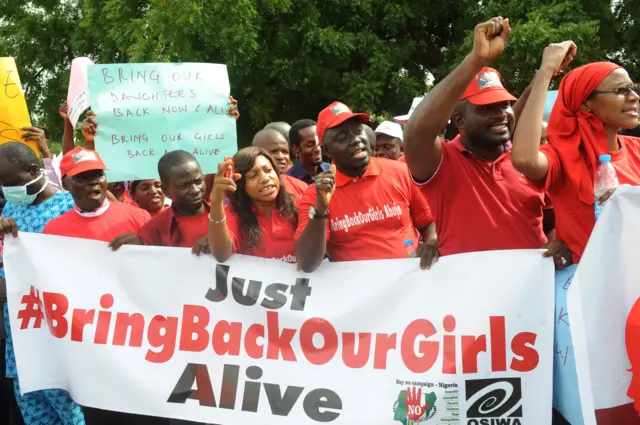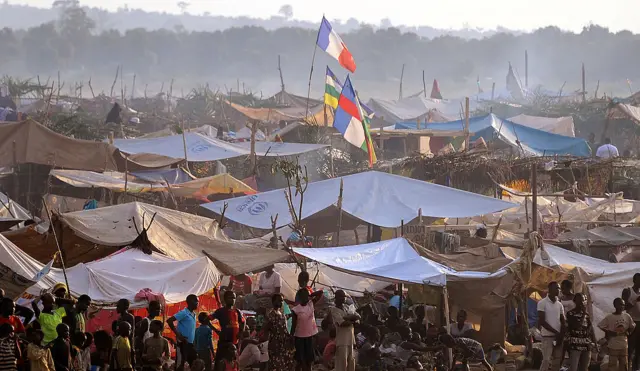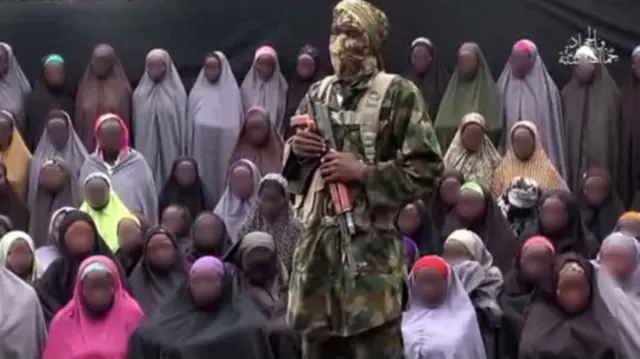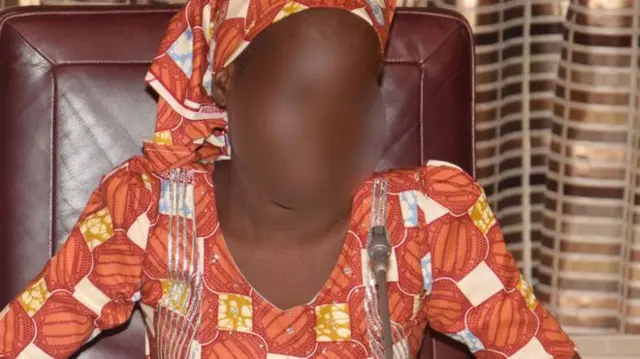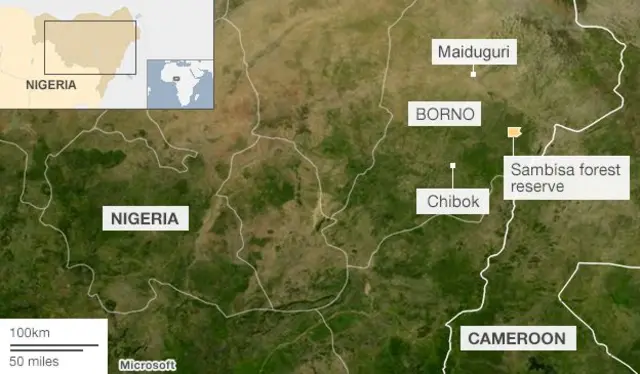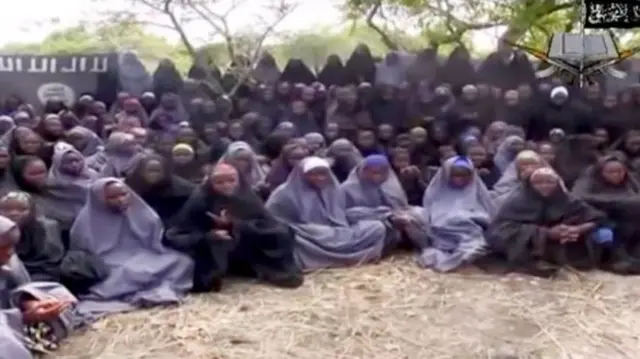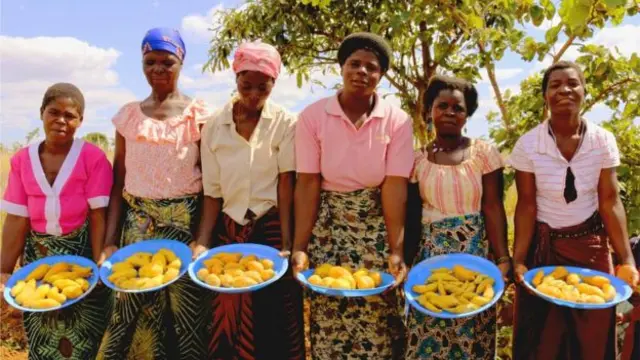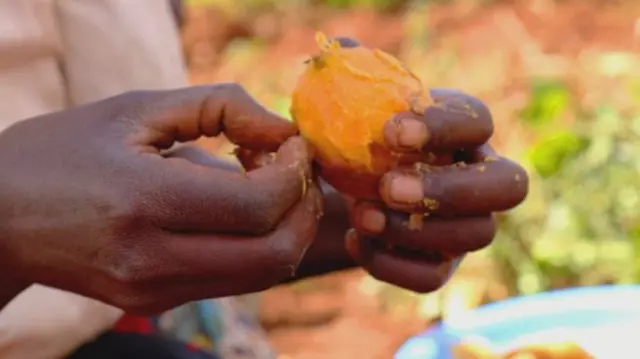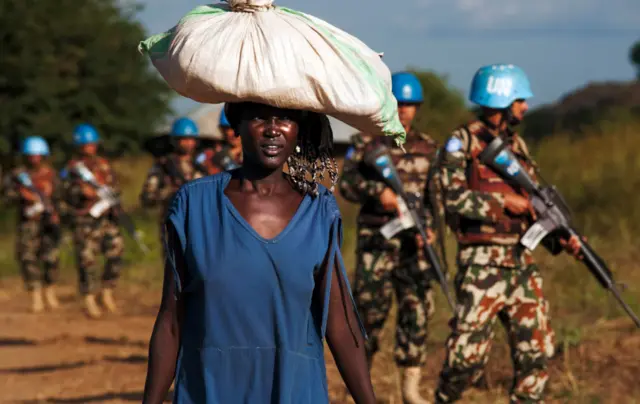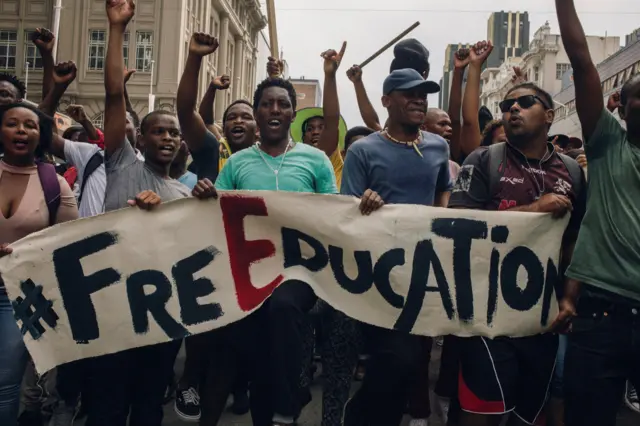Malema 'incited followers to commit a crime'published at 13:59 BST 13 October 2016
The BBC's Milton Nkosi now has a copy of the summons issued to Julius Malema, the leader of South Africa’s radical EFF party (see earlier entries).
The charges relate to comments he made around 16 December 2014 and 26 June 2016, in the provinces of KwaZulu-Natal and Free State respectively. The summons reads that on those dates:
Quote Message“He incited, instigated, commanded or procured his Economic Freedom Fighters followers and/or others to commit a crime, to wit; trespass… by illegally occupying any vacant land wherever they found same."
